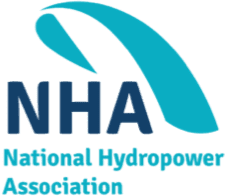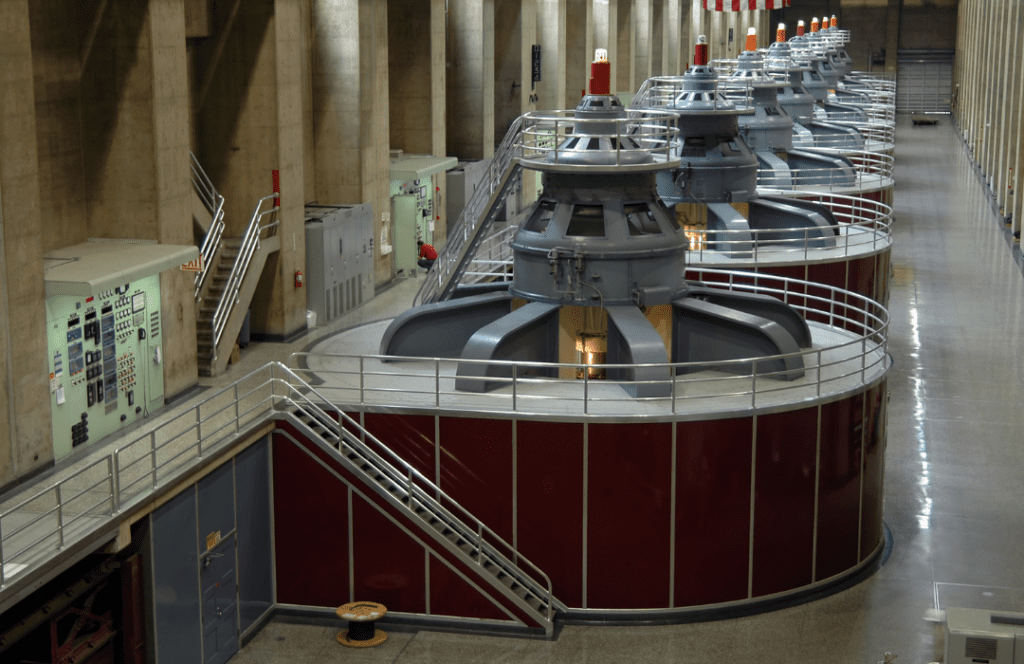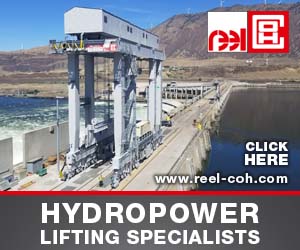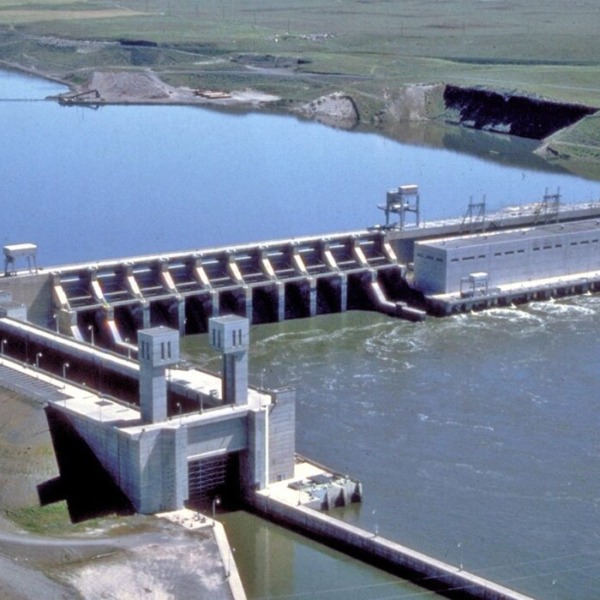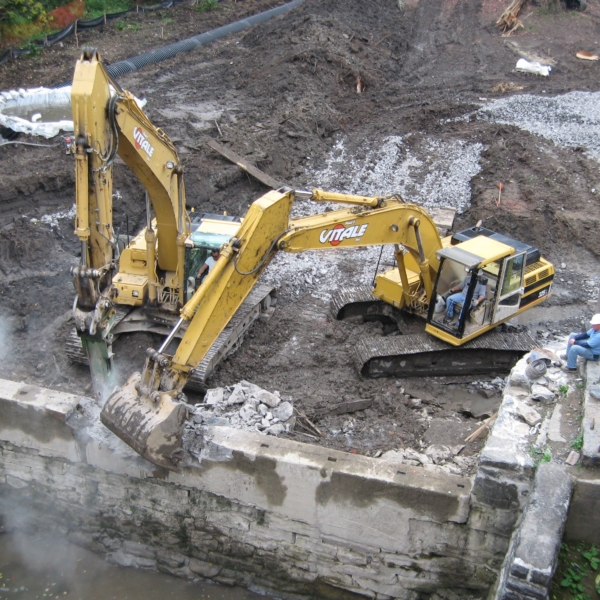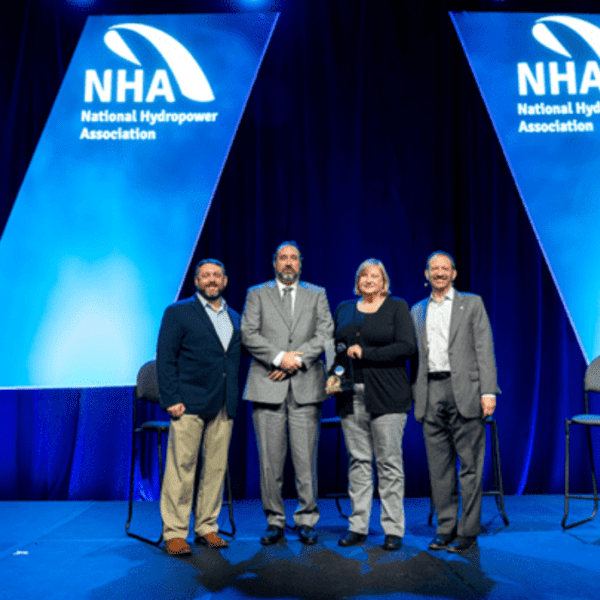Experience is the best teacher. That’s particularly true in the hydropower community. By sharing experiences, best practices, and lessons learned about worker safety, plant operations, facility maintenance, and environmental performance, we can all benefit.
The National Hydropower Association (NHA) understands how valuable this kind of exchange and information sharing is to its more than 250 member organizations. To help employees of member organizations share with one another, NHA offers an online Operational Excellence database.
In 2014, NHA launched the database as a tool for member organizations to share their operations-related experiences. “85% of the hydro asset owners in North America are NHA members,” said Diane Lear, vice president of operations and member services. “These project owners/operators were looking for a secure forum to share real-life incidents with one another with the objective of learning from these incidents and avoiding making the same mistakes.”
More than 700 employees of NHA member organizations regularly access the online database to gain insights and problem solve. The database contains 237 real-life events that have occurred at hydro plants throughout North America. The names of plants, plant owners, and personnel are redacted when the events are posted, in order to ensure confidentiality and security of all involved.
“For us, the Operational Excellence (OpEx) database provides a good opportunity and template for plant staff and engineers to sit down and think through what the issue is, what is the root cause, and what actions were taken to resolve the issue so it did not happen again,” says Chris Mattson, generation manager at Tacoma Power.
In the database, users can easily find information because each event is presented in a structured, consistent format that provides the user a description of the abnormal event, results of the analysis, the corrective actions taken, and the lessons learned.
In addition to the event reports, users of the database can also post questions in discussion boards. These user forums provide a confidential, secure way to get answers to problems being experienced.
By sharing information and implementing the corrective actions and lessons learned, the hydropower industry can achieve and maintain a high level of performance.
“Some people may think of NHA as only a lobbying organization. While the association does a great job of advocating for waterpower in Congress and with other policy makers, NHA goes far beyond that,” said Eric Van Deuren P.E., senior director, hydro operations and maintenance at Pacific Gas and Electric Company. “PG&E finds the tools NHA offers for the operations- and technical-side of our business just as valuable as the advocacy efforts.”
HOW INFORMATION EXCHANGE CAN ENSURE WORKER SAFETY
It is extremely fortunate that workforce fatalities in the hydropower industry are rare incidents, but they do occur. We were all reminded of that recently, when, on May 13, 2021, two contract workers died inside the Robert S. Kerr Dam in Oklahoma. An explosion occurred in an 80-foot-deep interior inspection shaft in the dam where workers with Colorado-based DA Smith Drilling were performing ongoing maintenance. According to dam owner and NHA member Grand River Dam Authority (GRDA), a full investigation is underway, but the preliminary results show the explosion was caused by a pocket of naturally occurring gasses, which is not uncommon in geological formations.
Another fatal accident occurred in 2018 when a utility employee was struck by a section of steel during a routine crane test on a dam’s spillway deck. The utility contracted for a third-party investigation of the incident. The investigators identified reasons for the fatality, which have now been corrected at the utility. In addition, the lessons learned have been communicated in a variety of ways – including as an event report in NHA’s Operational Excellence database – so that other plant owners and operators can learn from the event and incorporate changes in their work practices.
Sharing information about workplace fatalities, injuries and near-miss events is of prime importance to all segments of the hydropower industry and yields very tangible results – such as the prevention of injuries or death. When an injury is prevented, the impact to the employee and their family is eliminated, along with the associated medical expenses. A proactive approach to injury elimination also helps build a better safety culture within a company.
That’s where the events in the NHA Operational Excellence database can be extremely helpful. Through the advanced knowledge and background information gained from reviewing these events, users can glean corrective actions and lessons learned to incorporate into work practices to prevent the same kind of event occurring.
Injuries in the workplace are typically caused by:
- Workers not adhering to task procedures and stated policies
- Lack of attention
- Insufficient training
Some accidents are due to the physical structure of hydropower facilities and the dam’s spillway equipment. These structures are typically multi-story with heights of 30 feet or more. Some maintenance and operational tasks pose a greater risk to employees who must perform work at these elevated locations.
There have been accidents and near-miss events reported by industry representatives which involve employees falling from elevated heights as well as dropped objects from an elevated location to an area below. Other safety events have involved electrical hazard, ladders, confusion on assigned tasks, and defective underwater diving equipment.
Reports on many of these events can be found in the Operational Excellence database.
USING INSIGHTS FROM REAL-LIFE EVENTS TO PREVENT MAINTENANCE MISHAPS, IMPROVE OPERATIONS, AND PROTECT WATER QUALITY
NHA’s Operational Excellence database also includes events related to plant maintenance issues that have resulted in equipment failures, expensive repairs, loss of generating capacity and functional issues with water control equipment. These issues can be significant in terms of expense and duration of repairs. For example, the failure of an exciter brush in a generating unit cost the plant owner $600,000 in unplanned repairs of three weeks and loss in revenue due to the unavailability of the generating unit.
Some equipment failures can result in outages of 3 to 12 months.
By sharing the initial reasons for these failures and the lessons learned, other owners can make changes to their maintenance and testing programs, so as to avoid similar issues.
In comparable fashion, sharing abnormal events involving operational issues can prevent reoccurrences. In the Operational Excellence database, users find events involving a number of operational situations … improper application of unit control procedures, inattention to the task at hand, lack of training on equipment, placing personnel in a dangerous situation, equipment damage, and failure to meet generation requirements or water flow commitments. Understanding what caused these events is the first step to preventing them from re-occurring.
Another critical operations-related activity is ensuring the quality of water around a hydro plant is adequately maintained. During maintenance and project work, hazardous materials may be encountered. Equipment failures could lead to accidental release of oil. By seeing the problems encountered at other hydropower facilities and learning from the corrective actions, an owner can be a good steward and maintain the quality of the water discharged from the power generating units.
From the NHA Operational Excellence database, owners have also learned about the use of environmentally acceptable lubricants in certain plant equipment,- should there be an accidental release to the river.
OBLIGATION TO SHARE
This kind of exchange can be especially beneficial to those who have not performed similar activities. By exposing pitfalls that could cause injuries to personnel or by identifying measures to correct problems with equipment before failure, a plant owner is making a major contribution to the overall industry.
Many companies and organizations even see the sharing of this kind of information with one another as an obligation. The leaders of NHA’s Hydraulic Power Committee agree that companies and organizations working in hydro have an obligation to share details of incidents, so that others can learn from them.
Exchanging real-life experiences leads to improvements in worker performance. This improvement in performance will undoubtedly lead to improved efficiency, lowered expenses, and continuous improvement at a plant, or even a portfolio of assets.
To learn how to get access to the NHA Operational Excellence database and take advantage of this tool, contact Luciana Ciocci, NHA’s manager of technical services, at: luciana@hydro.org.

